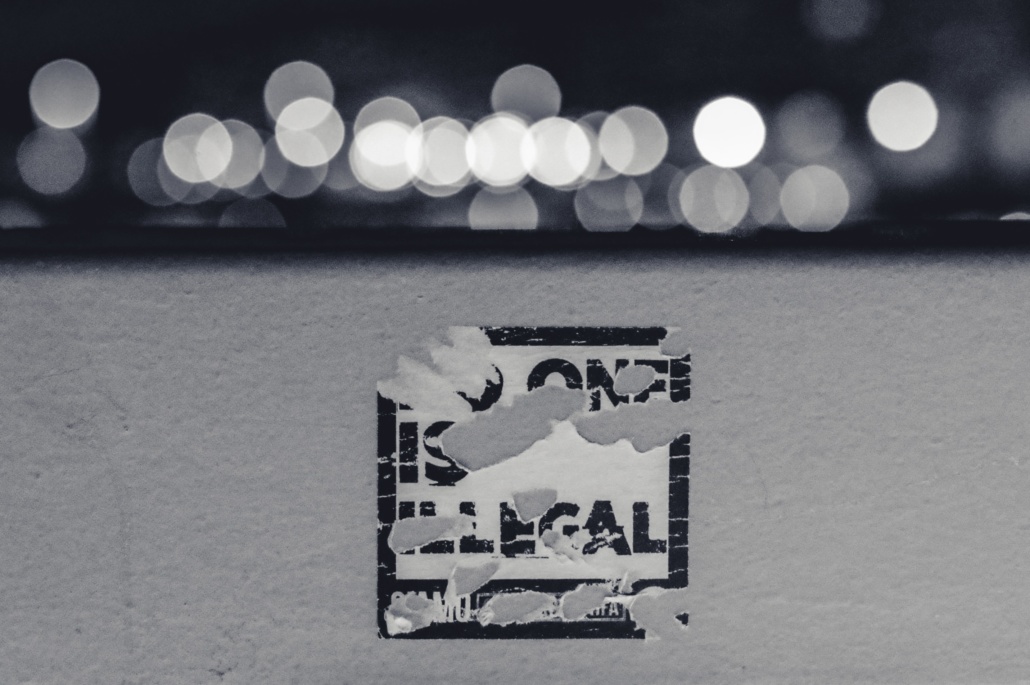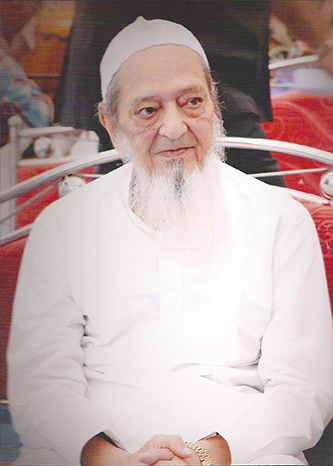The Current Condition of Pakistani Politics
By Geoffrey Cook, MMNS
Lahore–September 23–Due to the miracles of computer telephony, I was able to be on a conference call between Lahore / Pakistan and Honolulu / Hawaii, etc. The main participants were Rasul Bakish Rais of the Lahore University of Management Sciences ( LUMS) and Ehansan Ahrari of the Asia-Pacific Center for Strategic Studies (APCSS) in Honolulu–he is a professor who focuses on terrorism. This was a real-time program, coordinated by the South Asian Studies Association (SASA), accessible via the over the Internet.
Dr. Rais did not believe that President Musharraf would ever have made a move against the then new Government or the Lawyers Movement when he still held the presidentcy; statements to the contrary were in his opinion no more than bluff and bravado! During July, Civil Society had asserted itself. At the Emergency, the former Chief Executive had packed the Courts. Musharraf had tried to win over Benazir Bhutto, but she played opportunity politics with Sharif and the Muslim League. This was brokered by the US despite the understanding between Musharraf and Bhutto’s Peoples Party, the PPP turned against the General, leading to turmoil.
The elections that changed the composition of the Parliament were free and fair. The “King’s†Party (i.e., Mushrarraf’s) received a resounding defeat! The Muslim League (ML) and the Pakistan People’s Party (PPP) formed a Coalition that fell apart over the re-appointment of the Judges since this has not fully happened yet. The election, he argued, was a sympathy vote over the assassination of Bhutto.
Asif Zardari (the widower of Bhuto) had two rivals for the co-chairmanship of the People’s Party at first. It is important to understand that Pakistani politics are power politics. Thus, the PPP had entered into a Coalition with Sharif’s Muslim League (ML) to scare Pervez Musharraf to resign which he eventually did.
Now, that Musharraf has been forced to resign, and the Parliamentary Coalition has collapsed, although Zardari has spent eleven years in prison for corruption, he is, presently, the most powerful and popular man in the Islamic Republic. In fact, he has an ambition to overthrow (Nawaz Sharif’s) Muslim League’s Government in the Punjab (which state contains 60% of the nation’s population)!
He is selectively appointing Judges again. At the same time, terrorism is out of check in the Tribal Areas while the economy is poorly administered from Islamabad. Lingering, though, is the point that the Muslim League refused to contest the polls. Further, the Karachi establishment does not trust Mr. Zardari.
Professor Ahrari interjected that Zardari is a clever, tricky man. He is of the opinion that Pakistan’s chief challenge is terrorism. Zardari is not as important as Professor Rais intimates. Therefore, Washington must pressure him. Unfortunately, the District of Columbia does not understand the politics of Pakistan.
Rasul Rais responded that there is a danger of the Military intervening upon Pakistan’s government! There have been pressures applied from the US and India on the Pak Military. Yet Dr. Rais does not sense that Rawalpindi is prepared to put together a Putsch. In actuality, he believes that the Generals wish to assist in erecting civil institutions. They have, also, pledged neutrality in elections! At the same time, the Armed Services are not under the Command and Control of the civilian Government nonetheless.
On the other hand, Professor Ahrari interposed that Pakistan’s choices are limited. If his Government deteriorated, the Army would take control of Zardari. The U.S.A.’s recent criticism has placed great pressure on Pakistan’s Army and its Government.
Rais answers Ahrari, “What more can Pakistan do?†We are in “Constant dialogue between Islamabad, the U.S. (United States) and NATO (the North Atlantic Treaty Organization) who are fighting the War against the Taliban on the (often corrupt) Afghanistan Government’s side of the Durand Line. At the same time, the present Islamabad’s policy is to improve its relations with New Delhi. “Zardari is going to take many more bold steps toward India than Musharraf†although, simultaneously, Bharatt is conducting covert action in Afghanistan against Pakistan. “The hope is to resolve the outstanding issues with India.†Pakistan will not accept any adjustments to its borders, though. “Pakistan wishes to diffuse any tension [within South Asia]!â€
Strangely, Rasul Bakhsh Rais has an admiration for the ISI (the Inter-Services Intelligence agency). Rais alleged that the ISI is understandably reacting when we consider that “We are a country under a lot of pressure.†I think they should be reformed – especially that they should abandon is their political wing.
Dr. Rais supposes that (former President and General) Musharraf will eventually be placed on trial. Besides, the terrorists are after him. He has no security in his own country!
Zardari’s Government is willing to negotiate with the Taliban, but it will only do so when the Army has broken them!
Yes, relations between Afghanistan and Pakistan are strained. Rais censured Kabul that “They must do better so as not to be utilized in the Regional games! Still, there will be problems.†India regional ambitions and the weakness of (Afghanistan’s) Karzai’s government are the present the difficulties. Concurrently, “There are tremendous Regional opportunities!â€
The tribes themselves have taken up arms to drive the Taliban out because they are destroying their terrain. “The people who can make the difference are in the Tribal areas!â€
Ehsan Ahrari had the final words. He suggested that NATO has to change its policy on rebuilding Afghanistan whereas Pakistani successful ex-pats should be encouraged to invest in the land of their own birth, too!
10-41













2008
783 views
views
0
comments